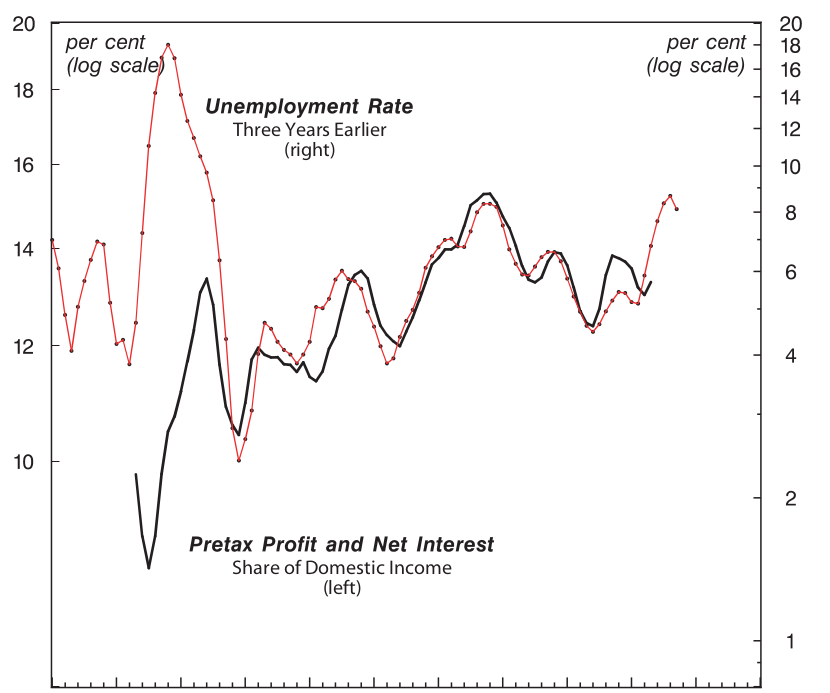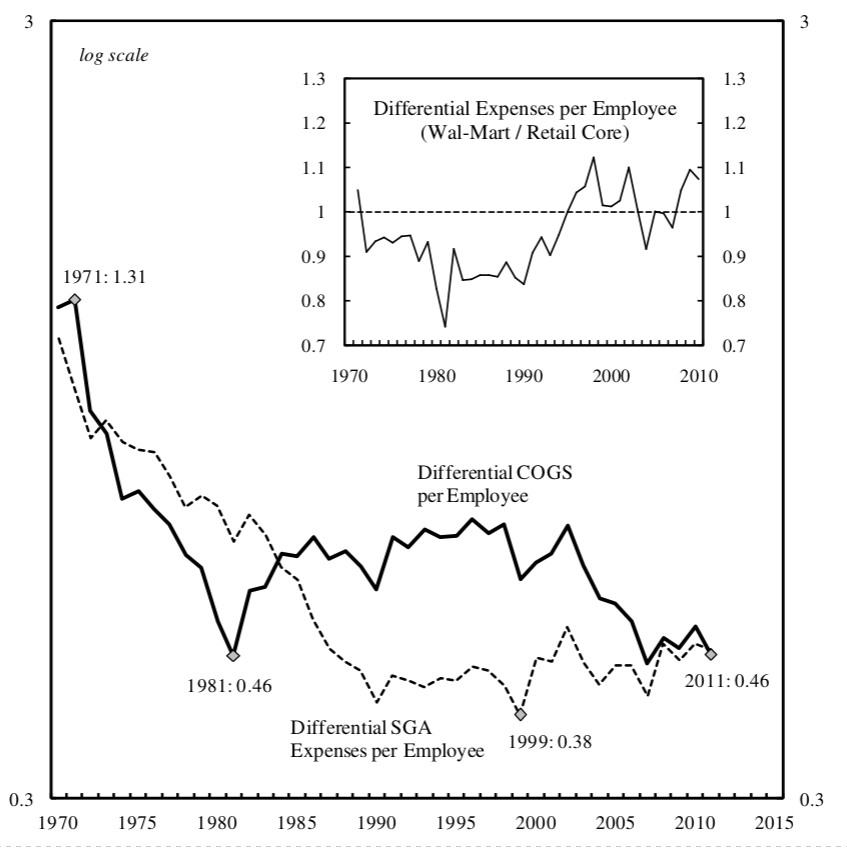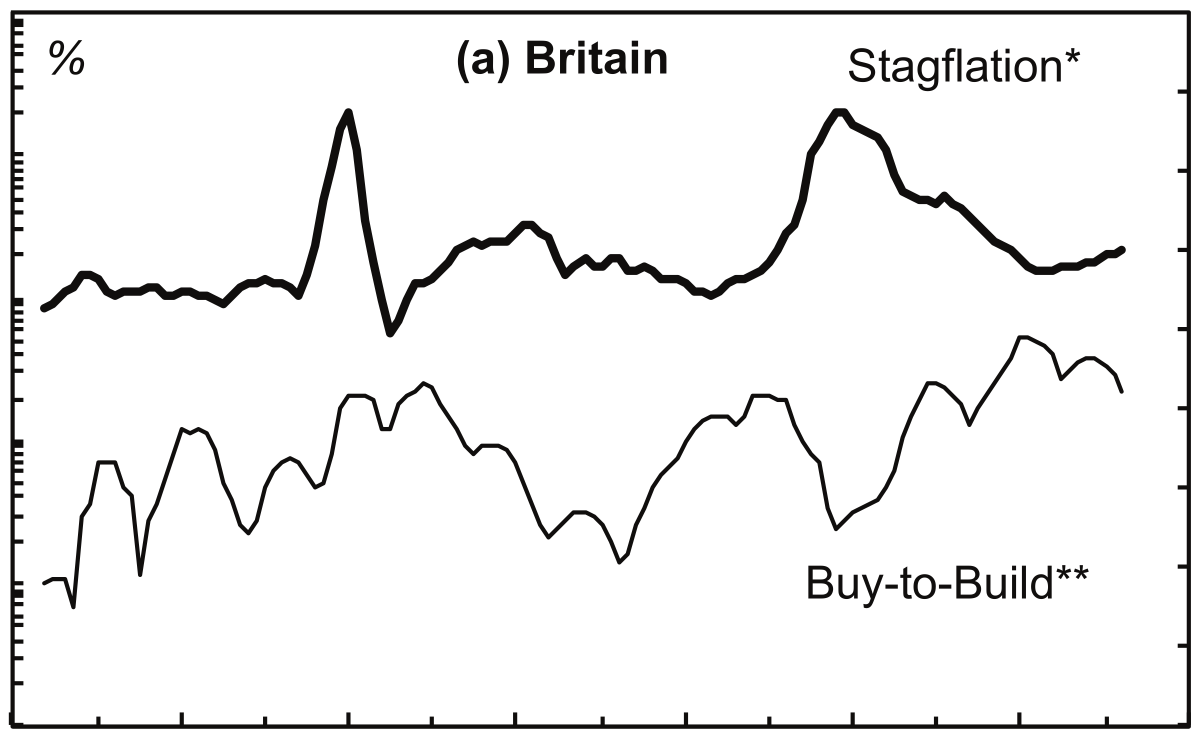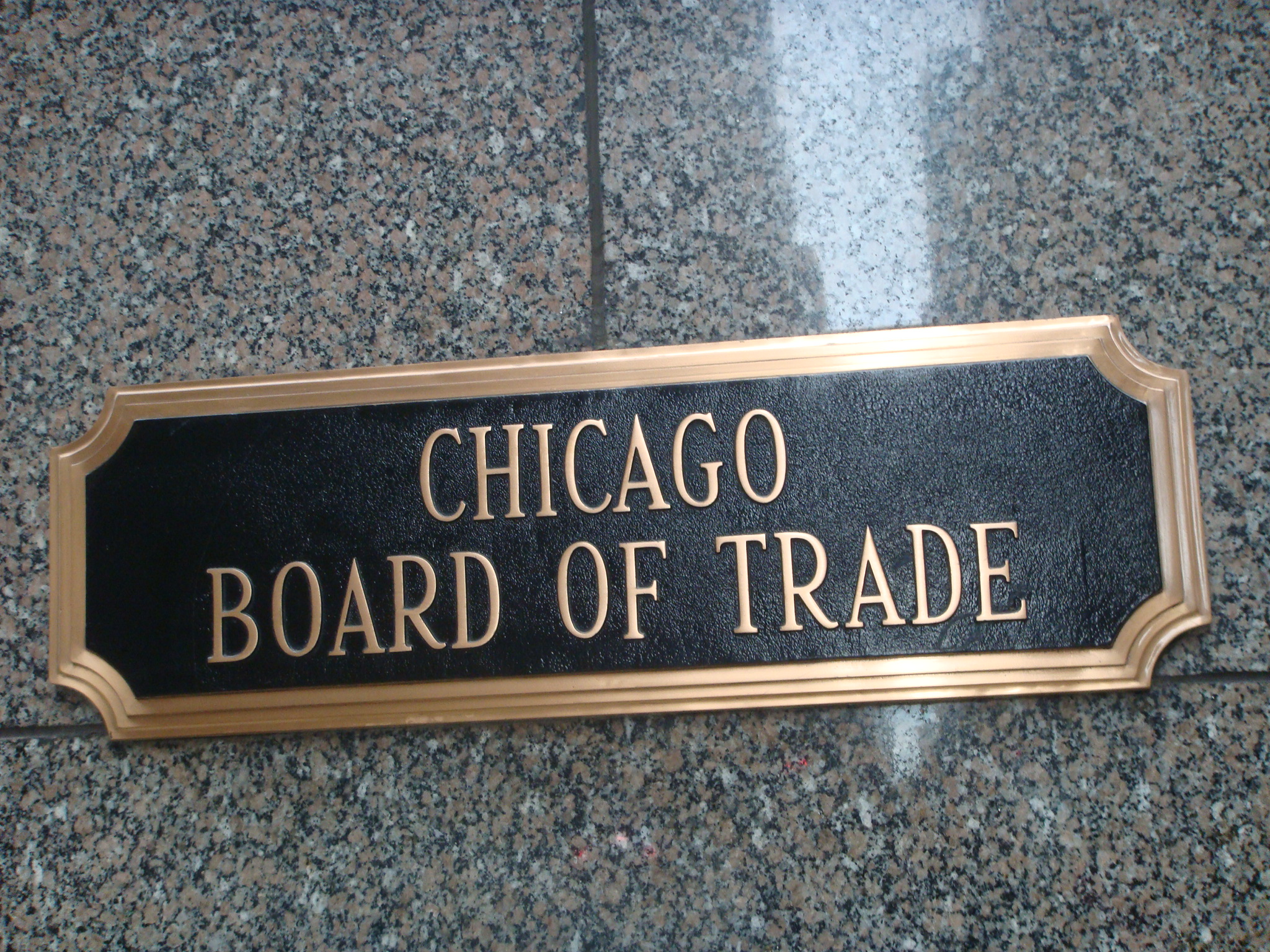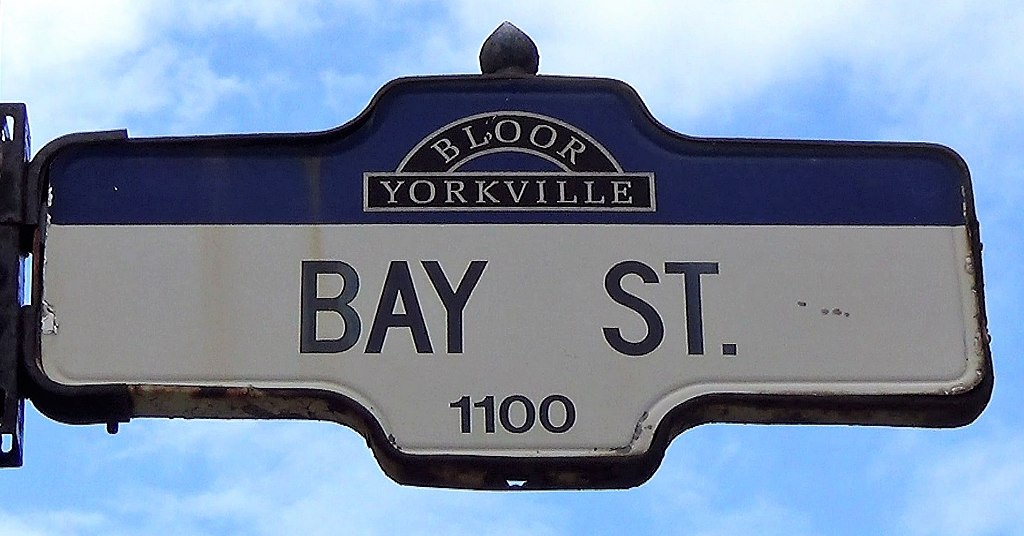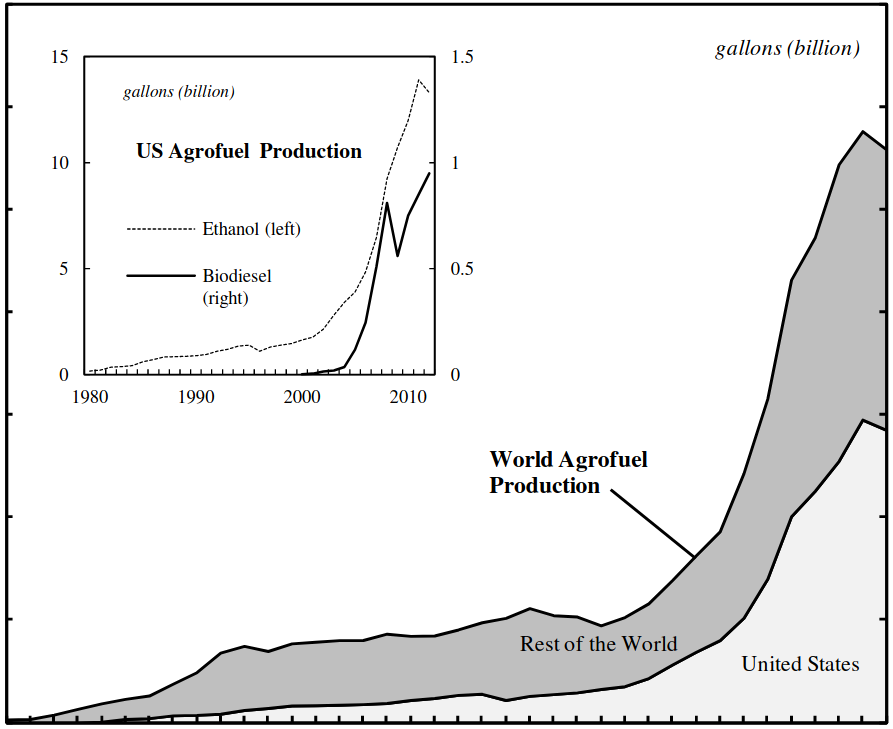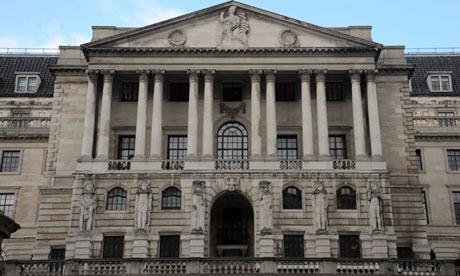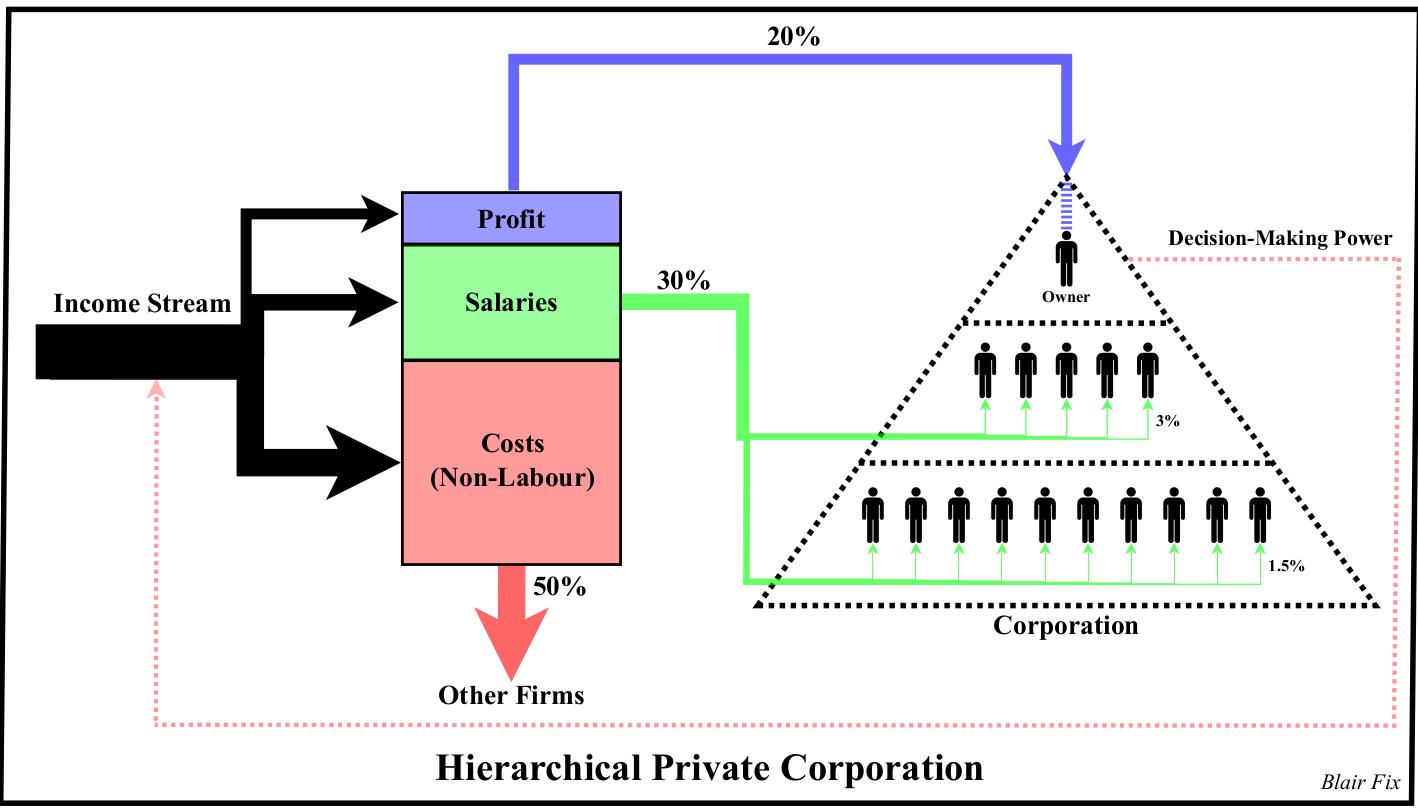DT Cochrane A systemic review [PDF] of systemic reviews of scientific literature on the relationship between sugar and obesity found, unsurprisingly, that there is bias in the reviews conducted on behalf of the sugar business. The review’s conclusion reads: “Financial conflicts of interest may bias conclusions from SRs [systemic reviews] on SSB [sugar-sweetened beverages] consumption […]
Continue ReadingCapital as Power and Freelance Creative Work 4
Frederick H. Pitts Resonance and dissonance in the rhythms of freelance creative work In the last blog, I applied some of Nitzan and Bichler’s ideas to freelance work in the creative industries. I utilised their conceptualisation of the distinction between creativity and power, and of the sabotage of the former by the latter. Nitzan and […]
Continue ReadingCapital as Power and Freelance Creative Work 3
Frederick H. Pitts Creativity, sabotage and the management of risk and responsibility in freelance creative work Nitzan and Bichler theorise a dissonant relation of sabotage between power and creativity, business and industry. What they show is that the control of creative processes of production is not antithetical to their success. Rather, it is constitutive of […]
Continue ReadingCapital as Power and Freelance Creative Work 2
Frederick H. Pitts Capital as Power, risk-aversion and the avoidance of uncertainty Mainstream critiques of contemporary capitalism conducted in the wake of the Great Recession tend to indict a number of factors. Perceived short-termism. The dangerous compulsion to speculate. An attraction to growth for growth’s sake. The propensity towards the greedy and rapid accumulation of […]
Continue ReadingCan Capitalists Afford Recovery?
Can Capitalists Afford Recovery? Three Views on Economic Policy in Times of Crisis JONATHAN NITZAN and SHIMSHON BICHLER October 2014 Abstract Economic, financial and social commentators from all directions and of various persuasions are obsessed with the prospect of recovery. The world remains mired in a deep, prolonged crisis, and the key question seems to […]
Continue ReadingWal-Mart’s Power Trajectory: A Contribution to the Political Economy of the Firm
Wal-Mart’s Power Trajectory A Contribution to the Political Economy of the Firm JOSEPH BAINES March 2014 Abstract This article offers a power theory of value analysis of Wal-Mart’s contested expansion in the retail business. More specifically, it draws on, and develops, some aspects of the capital as power framework so as to provide the first […]
Continue ReadingCapital as Power and Freelance Creative Work 1
Frederick H. Pitts Rhythms of Risk and Responsibility in Freelance Creative Work This series of blogs applies Nitzan and Bichler’s theory of capital as power to the empirical concern of freelance work in the creative industries. It reports some findings from a research project I conducted earlier this year. The research was part of a […]
Continue ReadingFrancis, Bichler & Nitzan, ‘The Buy-to-Build Indicator: An Exchange’
Abstract The first part of the exchange is a short article by Joe Francis. The article provides new long-term estimates and an assessment of the buy-to-build indicator for the United States and Britain, going back to the end of the 19th century. The second part offers commentary by Shimshon Bichler and Jonathan Nitzan. Citation The […]
Continue ReadingSpeculation vs Hedging: A False Dichotomy?
Joseph Baines How do we make sense of the role of different participants in futures markets? According to the conventional wisdom, market participants can be put into two different categories: hedgers and speculators. Hedgers, such as farmers and other commercial entities, assume positions in the futures market that are equal and opposite to their positions […]
Continue ReadingComplexity Science and Political-Economy: Post 1 – Networks
Shai Gorsky This series of posts will explore some contemporary fields in “complexity science”. They summarize experiences from the Santa-Fe Institute Complex Systems Summer School 2014, with the hope of suggesting to readers useful research tools for political-economy. Please feel free to contact the author if you are interested in discussing or utilizing any of […]
Continue ReadingThe Brawl on Bay Street
DT Cochrane The world of traders has largely been outside political economic analysis. With financial values treated as ‘fictitious’ representations of real values, trading is, at best, a distortion. The actual individuals who perform this role, and supporting roles in the realm of financial intermediation, are given no consideration. From the perspective of CasP, on […]
Continue ReadingPublic vs Private Interests in Cancer Research
DT Cochrane Harvard Medical School researchers Michelle Holmes and Wendy Chen wrote an op-ed in the New York Times about research they published in 2010 that found aspirin may be an effective treatment for breast cancer patients. The op-ed was not just calling attention to these results. Rather, it was a complaint that the research […]
Continue ReadingNo. 2014/03: Baines, ‘The Ethanol Boom and the Restructuring of the Food Regime’
Abstract The agrofuel boom has brought about some of the most significant transformations in the world food system in recent decades. A rich and diverse body of agrarian political economy research has emerged that elucidates the conflicts and redistributional shifts engendered by these transformations. However, hitherto this point, less attention has been given to differences […]
Continue ReadingCentral banking and the governance of the price architecture
Jeremy Green With the Bank of England signalling an impending interest rate rise, monetary policy has returned to centre stage. Since 2008 we have lived through a period of extremely unorthodox monetary policy characterised by unprecedentedly low interest rates. This era of ‘cheap money’ may now be about to end and a return to ‘normality’ […]
Continue ReadingThe Business of FIFA and Our Love of Football
James McMahon John Oliver, a former correspondent for The Daily Show with Jon Stewart, now has his own HBO show. Like what he did on The Daily Show, Oliver’s Last Week Tonight brings irreverence and wit to politics, business and other news of the day. Recently, he did a funny and sarcastic piece on FIFA, […]
Continue ReadingA Price for Everything
DT Cochrane What is a tree worth? Is this a question you’ve ever pondered? Does it seem like an odd question? Perhaps it seems like an inappropriate question? How could someone possibly attach a financial quantity to a tree? Don’t trees transcend monetary values? Trees are more the things of poetry than finance, aren’t they? […]
Continue ReadingBichler & Nitzan, ‘How Capitalists Learned to Stop Worrying and Love the Crisis’
Abstract Do capitalists really want a recovery? Can they afford it? On the face of it, the question sounds silly: of course capitalists want a recovery; how else can they prosper? According to the textbooks, both mainstream and heterodox, capital accumulation and economic growth are two sides of the same process. Accumulation generates growth and […]
Continue ReadingThe Weekly Sabotage: Week 7
Tim Di Muzio The Privatization of Money: The Greatest Sabotage in Human History? Part II Last time we found out that modern money is created when commercial banks make loans to people and businesses. They are not loaning out other people’s money at all, but effectively creating it by entering numbers into a computer. Between […]
Continue ReadingNo. 2014/02: Fix, ‘Rethinking Profit: How Redistribution Drives Growth’
Abstract Using a combination of heterodox economics and biophysical analysis, this paper investigates the relationship between economic distribution and the growth of material throughput. Empirical results show that the growth of “useful work” correlates with redistribution towards profit. Furthermore, increases in energy consumption are correlated with increases in the largest corporations’ share of total employment. […]
Continue ReadingNo. 2014/01: McMahon, ‘Capitalist Power, Distribution and the Order of Cinema’
Abstract In this paper, the structure of Hollywood film distribution will be analyzed through the lens of risk. In both its technical and conceptual senses, risk is relevant to the study of Hollywood’s dominant firms. In the interest of lowering risk, the business interests of Hollywood look to predetermine how new films will function in […]
Continue Reading




